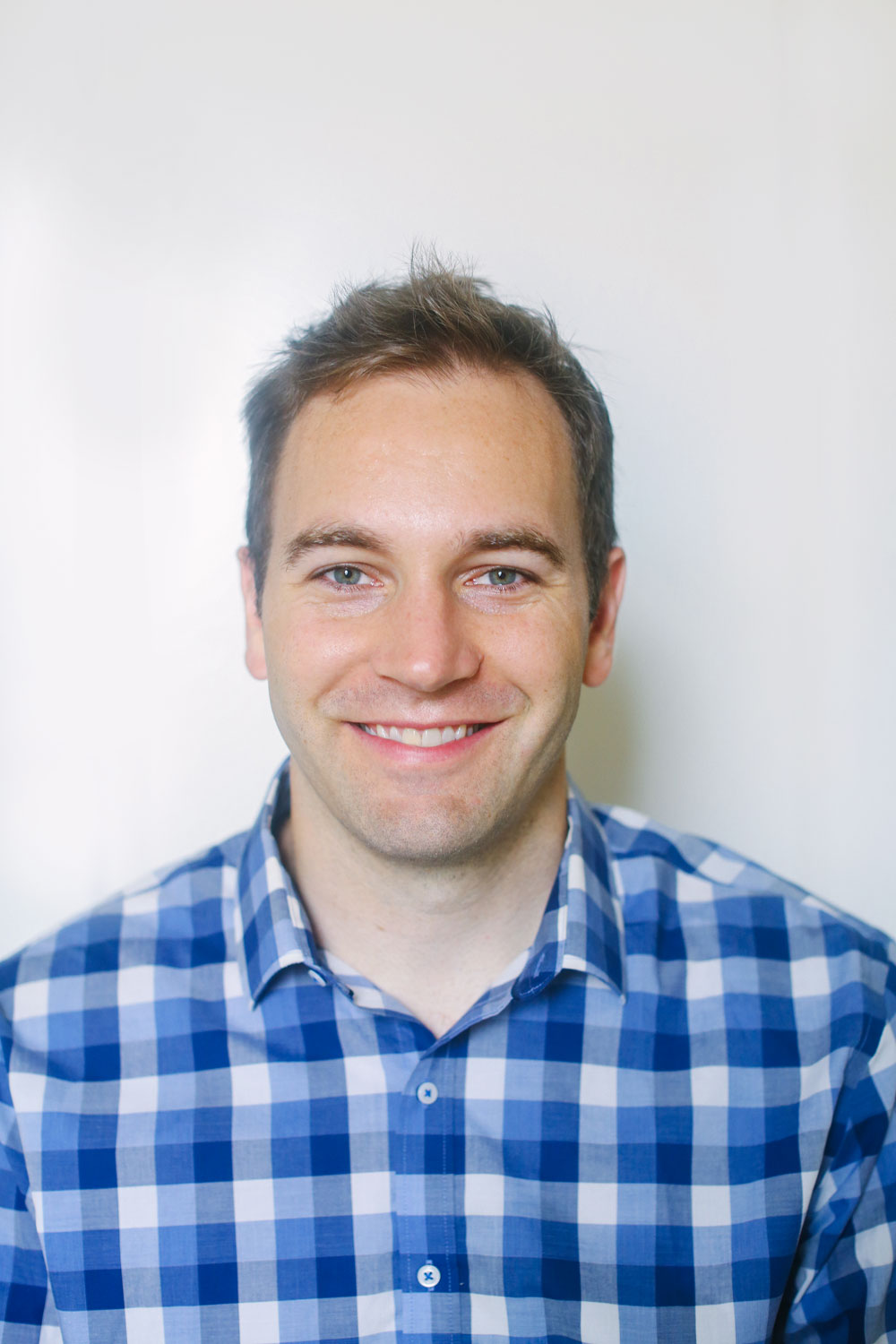Imagine for a minute that you just finished a 45-minute task at work or got out of a 30-minute meeting. What do you do next? If you’re like most professionals, you check your email. In fact, you probably check your email every time you transition between tasks and aren’t sure what to do next.
Checking email when transitioning makes sense if that’s the only time you have to check your email, but in most cases, it is a counterproductive habit. Professionals check their email an average of 15 times per day, though many check much more often. When I asked one leader I was coaching how often he checked email, he said, “I don’t know. I just have it open all the time and I’m pretty much always looking at it.”
Over-checking email is costly, too. You can save 13 minutes per day in just switching costs by checking nine times (the amount needed to meet most recipients’ expectations) rather than 15.
Why do most people default to email checking when they have higher-priority items to do? The dopamine rush created by a quick email check certainly plays a role, but another psychological phenomenon called cognitive tunneling is also at play. Cognitive tunneling –also known as tunnel vision–occurs when your focus narrows during periods of elevated stress, making you, in effect, blind to things in your environment that you would normally perceive.
Charles Duhigg popularized the concept in his book Smarter Faster Better, describing how the pilot of an Air France flight crashed a plane full of people into the Atlantic Ocean because he couldn’t see the simple error he was making that, in normal circumstances, any pilot would have caught.
When cognitive tunneling happens, you focus on the most salient or obvious things in your environment and default to what you have done repeatedly. Unfortunately, email is often one of the most salient applications in your environment. As my client said, he always had his email open. Email notifications, which interrupt most people every few minutes, keep email in your awareness constantly.
Workplace stress increases the likelihood of cognitive tunneling. On particularly busy days when you need to manage your time most precisely, you’re most likely to become blind to your true priorities during task transitions.
The key to overcoming cognitive tunneling and eliminating email over-checking is found in four strategies:
1. Make email more obscure.
In the same way that Google put sugar-sweetened beverages in opaque containers in its cafeteria to reduce consumption, you can make email easier to miss. Start by turning off notifications. Remove the mail icon from your start menu or task bar. If you’re using Gmail, open your email in a different window than the one you use for other browsing. You can close your email entirely, but you may find that more time-consuming than over-checking. You can also download apps that temporarily block access to your email.
2. Make your priorities more salient.
The best way to make your priorities more salient is to schedule time to complete them. In addition, do a daily calendar-priority sync: list your top three priorities and review your calendar to ensure you have time to complete them. By explicitly listing your top priorities, you’ll be more likely to resort to them when transitioning. It helps to put emails you need to respond to on your to-do list so that you can compare the priority level of all your tasks in one place.
3. Develop a task transition routine.
In Smarter Faster Better, Duhigg describes another airline example that illustrates how to overcome the power of cognitive tunneling. In this example, the pilot rehearses several scenarios with his team before boarding the flight. When the flight suffers dramatic mechanical failures, the team defaults to the effective approaches they rehearsed and averts the disaster. Before starting your day, determine what you’re going to do when you finish a task. If you aren’t scheduling your tasks, a good routine begins with visiting your to-do list and reviewing your high priority items.
4. Reduce workplace stress.
Stress leads to cognitive tunneling because it causes your brain to concentrate its resources. By reducing stress, you decrease the likelihood that you’ll end up with tunnel vision. Workload is one of the most common workplace stressors, causing you to ruminate on questions you aren’t sure how to answer. To reduce stress, proactively answer those questions.
The most productive people do what they feel is most important more of the time than anyone else. They avoid being dragged along by subconscious forces that constantly redirect their attention. Check email when you intend to–when it is the highest priority–and stay out of your inbox the rest of the time.
This article was originally published on Inc.
Follow us here and subscribe here for all the latest news on how you can keep Thriving.
Stay up to date or catch-up on all our podcasts with Arianna Huffington here.


